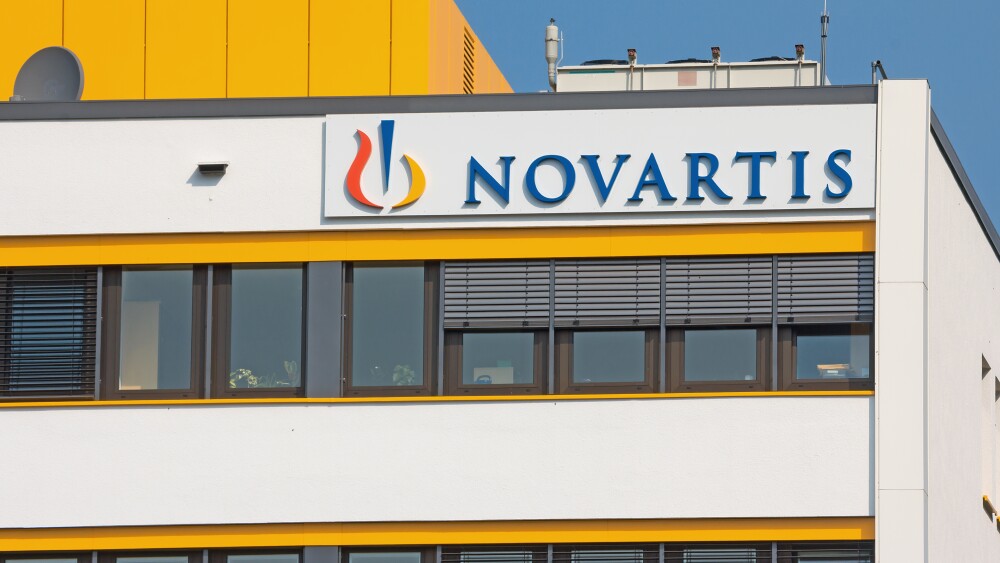Two months after selling an immuno-oncology platform developed by Good Therapeutics to Roche, Bonum Therapeutics launched Tuesday with $93 million in Series A financing.
Courtesy of Getty Images
Three months after selling an immuno-oncology platform developed by Good Therapeutics to Roche, founder John Mulligan launched Bonum Therapeutics Tuesday with $93 million in Series A financing.
Bonum was created to develop new drugs based on the proprietary platform of allosterically regulated, conditionally-active treatments developed by Good Therapeutics.
In August, Roche acquired Good Therapeutics for $250 million upfront plus potential milestone payments. Good’s lead asset was a preclinical IL-2 cytokine-based therapy targeting the PD-1 protein.
Following the acquisition, the leadership team announced plans to form Bonum to continue developing the technology, but for other targets not included in the acquisition.
The decision to launch the new company was based on a belief the technology has broad potential and should be applied in new areas, Mulligan said in a prepared statement.
“Bonum is fortunate to start with a proven technology, a supportive and knowledgeable investor syndicate, an experienced board of directors and a wealth of exciting projects,” he said.
Bonum’s focus is on the regulation of cytokines, including IL-12, IFN-alpha and TGF-beta for immuno-oncology applications. Its technology is applicable to a wide range of therapeutic areas, including oncology, autoimmunity, metabolic disorders and pain management.
Bonum’s technology includes an antibody-binding domain that acts as a sensor, as well as a therapeutic domain, such as a cytokine. Advocates believe that when the sensor binds to its target, the molecule becomes active to deliver potent and efficacious activity.
The spinout launches with the entire Good Therapeutics team.
Mulligan told BioSpace in an interview that prior to the close of the Roche deal, the Good team transferred all assets not part of the acquisition, as well as team members, into the new entity. He said Bonum is exactly the same as Good Therapeutics minus the one program.
The funds from both the Series A and Roche deal will allow Bonum to advance its preclinical programs toward IND-enabling studies, Mulligan said. The aim is to begin an IND-enabling study for one asset around the end of 2023 or at the beginning of 2024 and show proof-of-concept in humans.
Beyond the development of its own programs, Mulligan said the company hopes to find one or more companies willing to collaborate.
“We think this technology has broad potential utility. We want to find partners who can come with biological and clinical expertise who can choose something to take forward,” he said. “We have a strong belief in starting discussions early.”
All investors who backed the predecessor company participated in Bonum’s Series A financing.
Supporters of the funding round include Rivervest Venture Partners, Roche Venture Fund, Digitalis Ventures, 3x5 Partners and Codon Capital. New investor Vivo Capital also joined the round. As part of the financing, Vivo’s Mitchell Mutz will join the board of directors at Bonum.





